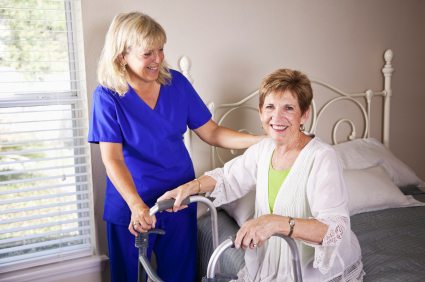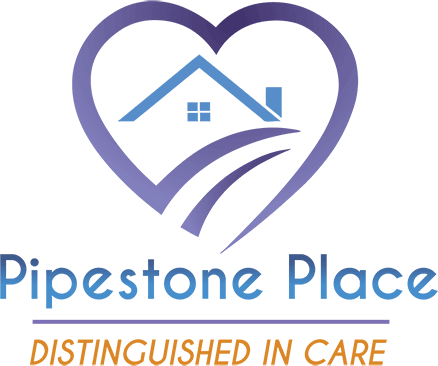Assisted Living in Hill Country Village, TX: When Post-Polio Syndrome Strikes
Before 1955 when Jonas Salk discovered a vaccine for polio, this dreaded disease quietly struck thousands of young Americans. Polio causes paralysis, deforms limbs and can even cause death by asphyxiation. It’s no wonder that there was fear and even hysteria over contracting the disease. Today, new cases of polio are almost unheard of; the disease more or less eradicated on this continent thanks to the vaccine.
But polio has found a way to rear its ugly head once more – for those who are survivors from a childhood battle with polio, a condition called post-polio syndrome or PPS can appear 10-40 years after the original polio attack. Approximately 25 – 50% of original polio sufferers will develop PPS.
What are symptoms of PPS?
- Progressive muscle weakness which can result on loss of muscle strength.
- Muscular atrophy.
- Pain, weakness and fatigue in the same limbs that were originally affected, also in limbs not originally affected by polio.
- Problems with swallowing or breathing.
- Breathing disorders related to sleep, for example sleep apnea.
- Less tolerance for cold temperatures.
 What are the effects of developing PPS?
What are the effects of developing PPS?
- The person with PPS feels like they are battling polio once again.
- Extreme fatigue; in fact PPS is often confused with chronic fatigue syndrome.
- Frustration that a disease which was thought to be beaten is, in fact, coming back to haunt them.
How can assisted living help the person with PPS?
Most people who suffer from PPS will find it difficult to go on without some assistance. The pain and weakness will inhibit the capabilities of the adult to perform all the tasks of daily living. At an assisted living facility, the senior can get the help he or she needs to perform those tasks on a daily basis. The level and severity of PPS varies widely from one person to another, so the needs for assistance would have to be determined on an individual basis.
Assisted living centers take care of all of the cooking and housekeeping duties so that the senior can spend his/her time enjoying social interactions with friends and other activities that fulfill her life. Assistance is always close by, and there is less stress for the family, who doesn’t have to worry about their aging loved one falling at home and not being able to get help quickly.
Assisted living helps with the management of the syndrome and provides on-site physical and social events that boost the mental well-being of the aging senior.
For more information about Pipestone Place Assisted Living in Hill Country Village, TX or to take a tour, call today (210) 718-0211.
- Thank You, Family Caregivers - November 22, 2022
- Fall Activities for Seniors with Dementia - October 28, 2022
- 7 Benefits of Memory Care for Seniors and Their Loved ones - September 26, 2022
